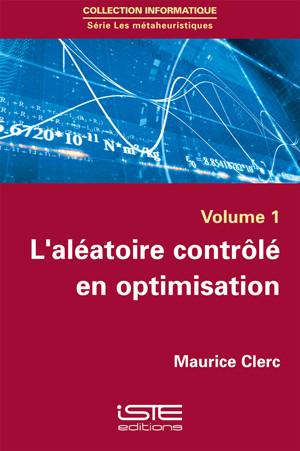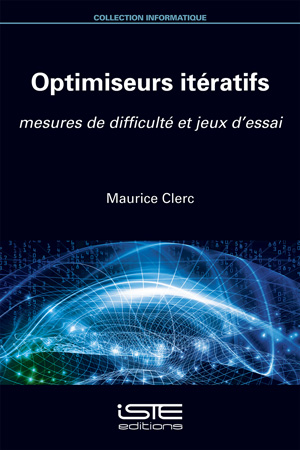
Optimization metaheuristics proceed to “pot luck” as to whether to carry out certain choices or apply certain rules, for which they must use one or several random number generators (RNGs). There are several types of RNG, from the truly random to the simply coded. They can be manipulated to produce specific distributions.The performances of an […]
Optimization metaheuristics proceed to “pot luck” as to whether to carry out certain choices or apply certain rules, for which they must use one or several random number generators (RNGs).
There are several types of RNG, from the truly random to the simply coded. They can be manipulated to produce specific distributions.The performances of an algorithm depend on the RNG used.
This book concerns the comparison of optimizers, it defines an effort–result approach where all classical (median, average, etc.) and some more sophisticated criteria can be derived.
The source codes used for examples are also presented, which enables a reflection of the “unnecessary randomness”, succinctly explaining why and how the stochastic aspect of the optimization could be avoided in certain cases.
Part 1. Randomness in Optimization
1. Necessary Risk.
2. Random Number Generators (RNGS).
3. The Effects of Randomness.
Part 2. Optimizer Comparison
4. Algorithms and Optimizers.
5. Performance Criteria.
6. Comparing Optimizers.
Part 3. Appendices
7. Mathematical Notions.
8. Biases and Signatures.
9. A Pseudo-Scientific Article.
10. Common Mistakes.
11. Unnecessary Randomness? List-based Optimizers.
12. Problems.
13. Source Codes.


